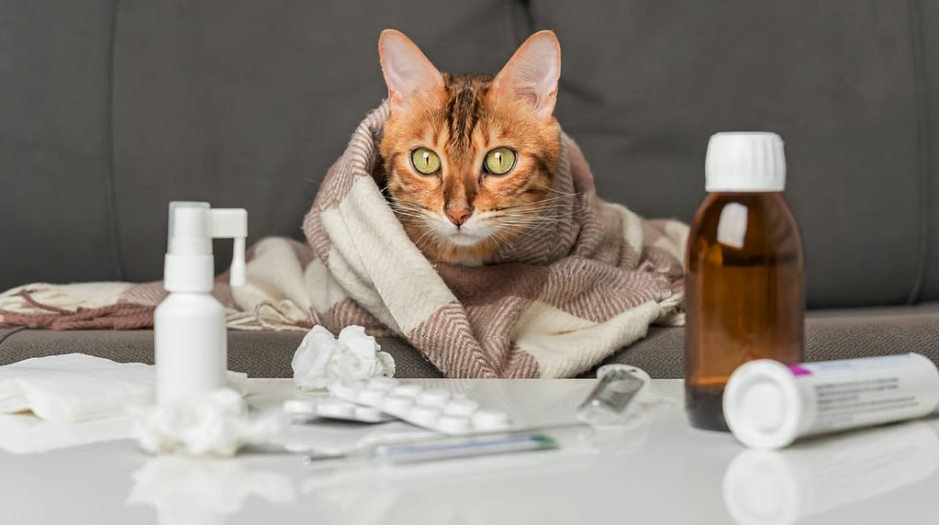Like people, pets can also develop "winter allergies" when the weather gets cold and dry. Veterinarians caution that as humidity drops and dust or viruses linger in the air, pets develop itchy skin, watery eyes, sneezing, or coughing.
It is dry air and household dust that trigger this condition. In winter, allergens are trapped indoors due to closed windows, heating units, and low ventilation. Irritation may be caused when pets come into contact with dust mites and fine particles that accumulate on carpets and bedding. Their eyes may redden, or they may experience sneezing and coughing.
Also Read | 'My money should be mine': The inspiring journey of Shahnaz Husain
To prevent this, vets recommend regular vacuuming, especially on the mattresses of the house, carpets and curtains. Use pet shampoos and conditioners that are rich in moisturizers and brush your pet two or three times a day to maintain a proper skin circulation. Applying vitamin E oil on the nose and paw pads can also help prevent the dryness. Adding omega-3 fatty acids or olive oil to their diet could significantly reduce the degree of flaky, dry skin during winter, experts say.
Parasite attacks can worsen winter allergies
Because pets bathe less frequently in colder months, hidden parasites like fleas and ticks may go unnoticed, thus causing further irritation or allergic reactions.
Vets recommend anti-parasitic shampoos and a visit to the vet for preventive vaccines that ensure parasites do not infest your pet during the dry season.
Also Read | Deworming pets: Why it’s essential and what happens if you don’t
Quick tips for pet parents:
Regularly vacuum your home, especially around areas where pets sleep.
Keep indoor moisture levels healthy by using a humidifier.
Consult with a vet immediately if your pet is excessively scratching or has skin flakes.











